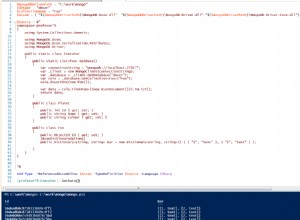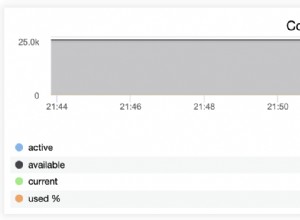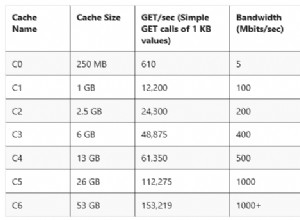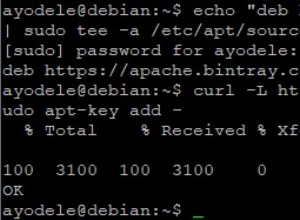Après quelques recherches, j'ai trouvé le mejson bibliothèque, mais c'est uniquement pour le marshaling, j'ai donc décidé d'écrire un Unmarshaller.
Voici ejson
(je l'ai écrit), pour l'instant c'est un ejson très simple -> bson convertisseur, il n'y a pas de bson -> ejson pourtant, vous pouvez utiliser mejson pour ça.
Un exemple :
const j = `{"_id":{"$oid":"53c2ab5e4291b17b666d742a"},"last_seen_at":{"$date":1405266782008},"display_name":{"$undefined":true},
"ref":{"$ref":"col2", "$id":"53c2ab5e4291b17b666d742b"}}`
type TestS struct {
Id bson.ObjectId `bson:"_id"`
LastSeenAt *time.Time `bson:"last_seen_at"`
DisplayName *string `bson:"display_name,omitempty"`
Ref mgo.DBRef `bson:"ref"`
}
func main() {
var ts TestS
if err := ejson.Unmarshal([]byte(j), &ts); err != nil {
panic(err)
}
fmt.Printf("%+v\n", ts)
//or to convert the ejson to bson.M
var m map[string]interface{}
if err := json.Unmarshal([]byte(j), &m); err != nil {
t.Fatal(err)
}
err := ejson.Normalize(m)
if err != nil {
panic(err)
}
fmt.Printf("%+v\n", m)
}




